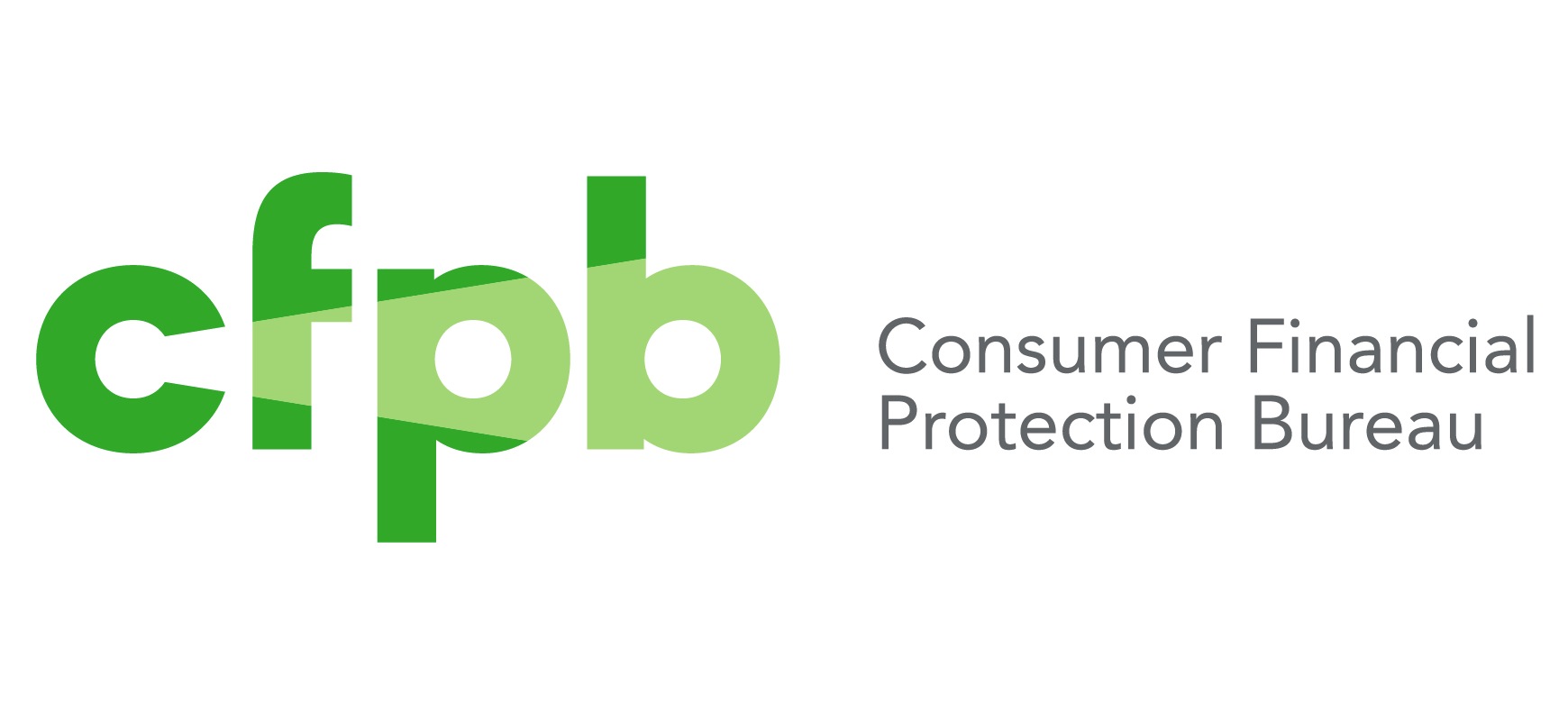Credit union CEO serving on CFPB advisory council
By Jeff Keeling
‘From the conservative side, I’m not wild about the big government piece. But seeing the Consumer Finance Protection Bureau from the inside, I’m very impressed with how conscientiously they’re proceeding with their mission.’ Ron Scott
A credit union executive based in the Tri-Cities is now serving on the Consumer Finance Protection Bureau advisory council. The Bureau (CFPB) is a creation of Dodd-Frank, designed to ease consumer navigation through the myriad financial products and services market.
Ron Scott, CEO of Appalachian Community Federal Credit Union, is holding out hope that council members’ involvement can make a difference in the controversial agency’s long-term effects.
Scott is one of 16 council members. He attended his first full council meeting in October and also will serve on a committee focusing on consumer lending during a two-year term.
While Scott has mixed opinions about Dodd-Frank, he says the CFPB, “definitely is something that is designed to help the consumer, and I felt that this region needed to be represented.” He adds that his discussion with the Business Journal represented his personal opinions and not those of the CFPB or his credit union.
The CFPB says its mission is, “to make markets for consumer financial products and services work for Americans – whether they are applying for a mortgage, choosing among credit cards, are using any number of other consumer financial products.”
President Barack Obama initially tapped progressive firebrand Elizabeth Warren to run it after her involvement with its creation. Her nomination was blocked by Republicans in 2011, and many GOP members continue to have serious concerns about the agency’s scope and accountability.
Scott, who describes himself as a “Reagan conservative,” says he’d rather take the opportunity to influence the agency than simply complain from the sidelines.
“I do believe I have a role to play as an American citizen to contribute to whatever the law of the land is,” says Scott, whose eventual appointment traces back to advice he gave to a Bay Area Congresswoman, Jackie Speier, when Scott worked at a credit union in her district in 2008. “You can’t complain if you don’t give your opinion, if you don’t get in there and share your ideas.”
In the midst of the 2008 meltdown and aftermath, Speier, a freshman legislator serving on Barney Frank’s banking committee, used Scott and other members of a financial services advisory committee as a sounding board.
“She gave us samples of the Dodd-Frank Act in draft form,” Scott says. “She listened to us, got feedback from us. It was really a fascinating time.”
Some of Dodd-Frank’s reaction to the larger issues has impacted ACFCU, a $135 million credit union with a significant share of lower and moderate-income members, primarily in the mortgage area. “We’re paying tens of thousands of dollars in compliance costs that weren’t there five years ago,” Scott says.
Pulling the pendulum back
‘It was kind of like managing crisis with regulation. Now the crisis is over, but the regulation’s still there. I think the areas the CFPB is looking at getting into – what was part of its original cause, predatory lending, things like that that are near and dear to my concern – I think they have more latitude to go in at a more measured pace.’
Scott believes some of Dodd-Frank’s elements were a reaction to the panic of the financial meltdown, and its link to the housing market. Now, he says, the CFPB has an opportunity to protect consumers in a way that is even-handed and doesn’t throw the baby of capitalism out with some of its arguably dirty bathwater. After his first meeting in early October, Scott says he’s giving Director Richard Cordray the benefit of the doubt so far.
“What I was elated to see from him was what appears to be a very honest and sincere desire to understand our business and the impact on our members, and on our business model, of what the agency is doing.”
The agency continues to be a polarizing part of the government. It is, quite predictably, the subject of continuing praise from the left and scrutiny from the right, with the ghost of now-Senator Warren front and center. Headlines contrast, ranging from, “Was Elizabeth Warren responsible for the CFPB’s Over-Budget HQ – and Its Missing Records?” (National Review) to, “Elizabeth Warren’s brainchild continues to show good government in action” (Daily Kos).
Scott says the truth lies somewhere in between, and that giving his perspective may allow him to help, “guide the process in a way that helps the folks of the Appalachian Mountains.”
“First and foremost, I’m a capitalist,” he says, “So I believe if you’re going to take the risk you need to take the risk without necessarily the safety net. I am really a proponent of letting too big fail. But I also believe in the little guy having a safety net, and having the tools to learn how to help himself up.”
“I really think that’s the part of the equation in our society that we miss sometimes. I may be romantic in my thinking, but I think in the good old days, churches, communities, non-profits did more of that. I think we became too dependent on government to do it for us.”
Ear bending on consumer lending
Scott will attend two in-person meetings each year, and his consumer lending committee will meet by telephone about once a month. He says he chose that committee over mortgage lending and credit card/electronic banking because, “the consumer side is an interesting dynamic.”
For instance, he says, some lending practices within the auto industry can leave the consumer paying a higher interest rate than necessary. While perfectly legal, they are on the committee’s radar and Scott is curious about “how those things are going to be handled.”
Disclosure rules are another area of interest the committee can study, Scott says. When Elizabeth Warren started her rise to fame, “she held up two or three pieces of paper and said, ‘this is all there should be on a real estate loan.
“Part of the problem is, most of the paper we have to sign is because of case law or other state requirements. In order to meet what Elizabeth Warren wanted to do, we really need things like tort reform.”
Asked whether he believes Warren and her liberal colleagues are interested in a more conservative cause celebre such as tort reform, Scott simply says: “To be candid, I don’t talk politics when I’m up there.”
When it comes to what might change for an average consumer once the CFPB settles into its role, Scott offers no absolutes. He likes talk of standardizing how to convey financial literacy information about budgeting, credit scores and the like, to the public.
He is also intrigued by a move toward centralizing consumer complaints through the agency’s website. The cfpb.gov homepage has a prominent tab that can be clicked to “submit a complaint.” Inside are five loan types and six “product and services” types available for complaint submission, and a pledge that “we’ll forward your complaint to the company and work to get a response.” Resolution is required within 60 days for most cases. Scott He believes the process also could benefit businesses, whom he hopes will have the opportunity to respond to complaints in ways that can tell their side of the story and educate consumers.
“I’m looking at this as a way to understand how they see their purpose going forward, and to help me navigate running this place (ACFCU) based on what I’m hearing from them. My sense is, they’re feeling their way as to how they’re going to contribute. The credentials of the people they introduced to us were substantial, so they’re genuine in consumer protection.”





